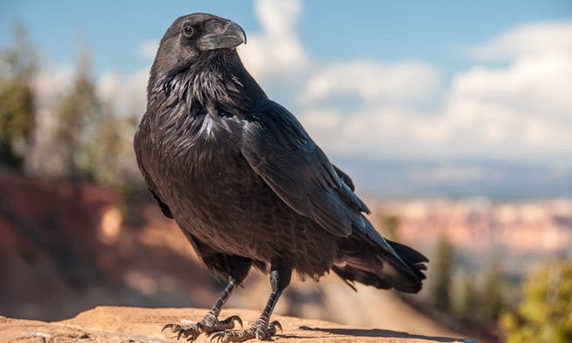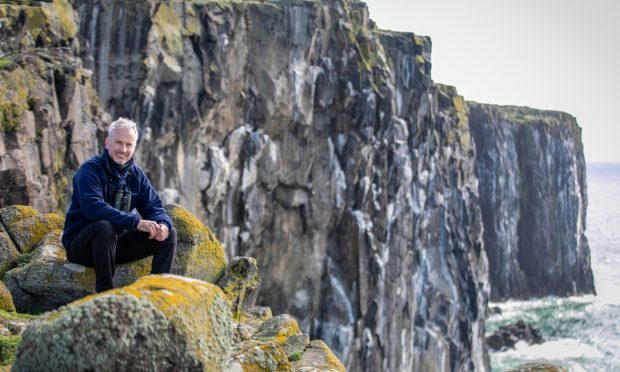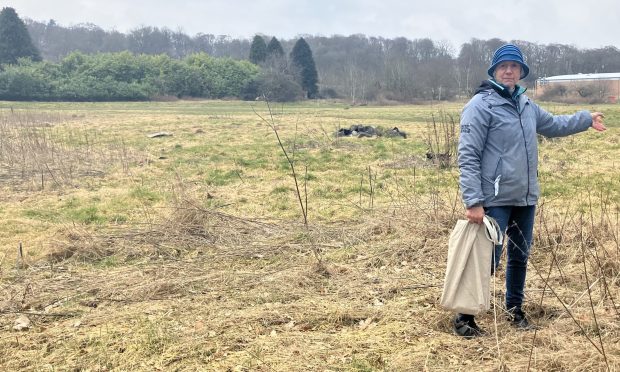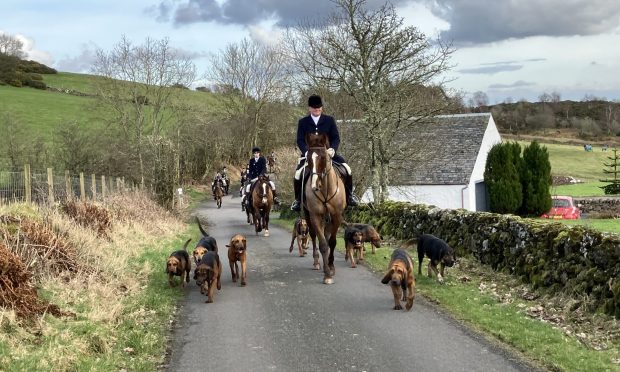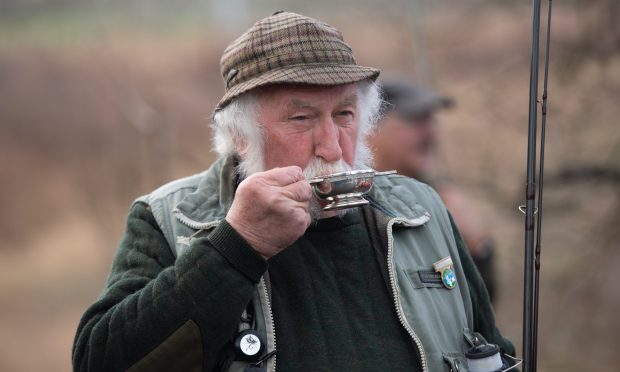A mountain hare and a raven met to discuss the events of recent times.
In particular, they talked about men and their guns and their machines, and the killing of hares, and the word on the wind was that the men and their guns and machines would soon turn to killing ravens.
The hare was relieved to have escaped unscathed but sorrowful as it had seen hare after hare felled by the guns and outwitted by the machines, and fearful that the killing was unfinished business.
The raven was fearful of what was to come.
But both were perplexed as well as fearful because (being noticing creatures) they saw that not all men behaved the same way. Hare and raven agreed that by and large the whole tribe of hares behaved the same way, and so did the whole tribe of ravens.
But they had noticed that some men liked to kill them while others obviously liked having them around and admired them, and how could the hare and the raven tell the difference until the killing men revealed their guns?
They went to see the fox which had more experience in these matters, because men killing foxes with guns (and traps and poisons and dogs) is not an occasional or seasonal activity but warfare without end.
The fox said there was no way to tell and that therefore they must distrust all men, every single one of them.
The fox also said that it did not do to worry about individual hares or individual ravens, but rather the wellbeing of the tribe.
The fox also said that the fox tribe had discovered long ago that men with guns were essentially stupid, because they thought it was clever to clear out all the foxes from one particular area, in just the same way as they had killed hares, in just the same way as they planned to kill ravens.
Now you and I know, said the fox to the hare and the raven, that there is nothing that suits us better and than to come across a land that has just been cleared of our own kind, because the men with guns have made for us a land of limitless possibilities until all its fox and hare and raven territories are occupied again.
Raven said to the hare and the fox that it had heard that the planned killing of ravens was because ravens are killing all the waders.
The fox said that, if they would pardon the expression, that was what men called ‘weasel words’ (although they would be wise not to use such an expression if a weasel was hanging on to the end of their trigger finger).
Raven agreed, having lost its share of eggs to weasels in its time. Raven also pointed out that what was causing waders so much trouble was that the men with the guns and the machines kept destroying the land that waders like.
The hare wondered why the men with the guns and the machines like some creatures so much that they would kill other creatures in the mistaken idea that they were helping the creatures they liked, like the waders and the grouse and the astonishingly stupid sheep.
The trouble with the men with the guns and the machines, said the fox, is that they have forgotten that they are animals themselves, that they have forgotten their place, that they no longer remember how to be a tribe in nature like the hare or the raven or the fox.
Or the wildcat or the bear or the wolf, said the raven. Then the raven, being further travelled than the others (and having the ear of the Gods of nature because after all, it was not God that made the world but the Raven, or so at least some men believed), added cryptically that it thought it would not be long before the wolf was back in the land.
How so? asked the hare.
Because, said the raven, among those men who don’t have guns and who admire fox and hare and raven, there are some who have a plan to bring the wolves from far away lands and put them back here where they also belong.
Fox and hare and raven all nodded their agreement at that idea. And the fox said that with the wolf back on the land, there would be more good food and more suitable land for all of nature’s tribes, for wolves can unlock the land that the men with guns have locked away for so long.
There’s one more reason why the wolf would be welcome back in our midst, said the raven.
The hare asked what that reason might be, and the raven said that the wolf scared the pants off the men with guns.
When the mountain hare and the raven and the fox went their separate ways, they all felt better about life and carried their optimism back to the heartlands of their tribe.

